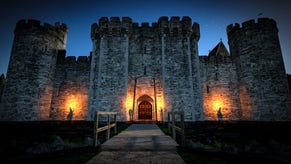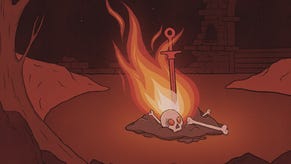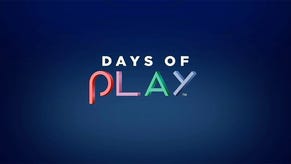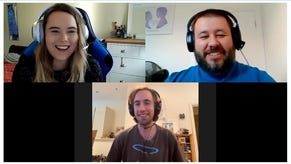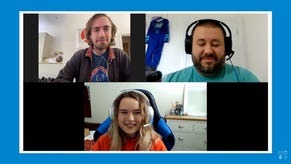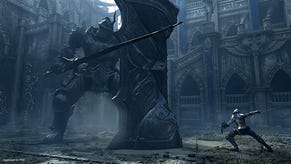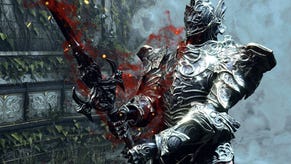Souls Survivor
Director Hidetaka Miyazaki discusses the origins and ideology behind From Software's masterpiece.
Miyazaki compares Demon's Souls' un-invasive multiplayer to text messaging, and other games' to phoning. "Text-message is less of a burden than a phone, basically," he says. "Firstly, we wanted to remove the instantaneousness of communication, and secondly we wanted to remove the physicality of it - that is, the voice. What was born out of those two concepts is this asynchronous online mode peculiar to Demon's Souls."
"Part of the idea behind the message system was that before, back when we didn't have so much information, everyone had to work together to help each other through games. The intention was to bring a sense of unity to players."
That sense of unity is evident in the reams of organised community wikis and guides that players have created together to help each other through. Even outside of the game itself, Demon's Souls encourages its players to bond through adversity and share information in a way that simply isn't necessary for less challenging, less idiosyncratic games. Demon's Souls' refusal to explain itself or lend you a hand isn't a design fault. It's a conscious decision to get players thinking and acting for themselves in a way that modern gamers usually aren't used to.
Miyazaki's favourite parts of the game, sadistically, are almost universally the parts that cause players the most grief, perhaps because they so ably illustrate the game's core philosophies.
"We're fond of all the areas but if I had to pick [a favourite], it'd be the Valley of Defilement - it's also the area I hate the most," he grins. "As for the demons, it's probably the Tower Knight... Beating him is really difficult by yourself, but in a co-ordinated multiplay, where no one's chatting (well, they can't to begin with, I suppose) and everyone does their jobs swiftly, it feels great to finally get through it. This might be a little grandiose, but I think that Tower Knight is significant, and as a boss character, symbolic of the demon system.
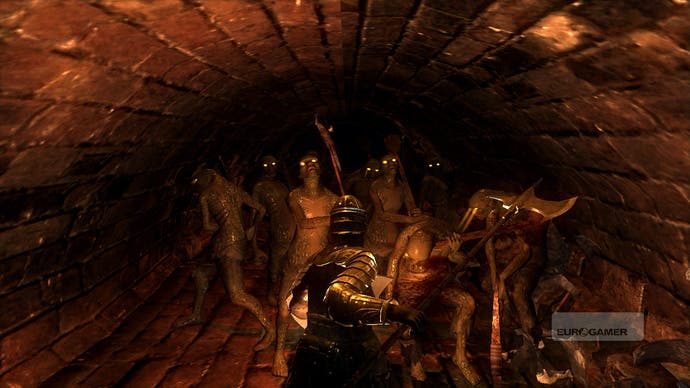
"There's also Maiden Astraea and the devoted Garl Vinrand... There are many points [in the story] that depend upon the players' imagination, but if people feel something from the stories of those two characters, then I'll be happy."
Demon's Souls isn't just a good game, it's an important game - one that proves that merit still counts, that a game really can become a worldwide success just by being brilliant. It's proof that we don't need our hands held all the time, that we can handle a developer's uncompromised vision without endless tutorials and explanations and reward trinkets, and that we can be trusted, as ingenious beings, to work together and find a way though the hardest situations.
"Demon's Souls is by no means a perfect game. We don't think there will ever be such a thing as a perfect game," says Miyazaki. But Demon's Souls never aimed for perfection - what it does is resurrect a videogaming philosophy that's been in dire danger of disappearing forever into the fringes in a modern context, stitching a patchwork of fascinating new ideas together with a back-to-basics attitude. It's one of the purest and most wholly fascinating games of the past decade, and that's as true now as it was in March last year.
Demon's Souls is due out for PS3 on 25th June in Europe. Check out our Demon's Souls import review.

